
Transcription
Michael M. Singh T-22165
3B1-211/CSP Corcoran
PO Box 3466
Corcoran, CA 93212
9/17/2012
Blog Readers,
Life is full of drama, with conflict being a key part. The next page describes the five (5) most common types of conflict that is used in drama/literature.
1) What would you say you (type) struggle with the most?
2) What type of struggle do you see most often in others?
3) The person you are closest to struggles with... (finish the sentence)
4) What type of struggle do you find most damaging?
Please read the following two (2) pages & share some of your thoughts with me.
Thank you.
Sincerely
Michael Singh
Types of Conflict
Conflict is drama between two opposing forces in a piece of literature. If you have sufficient conflict, you will be able to move the plot forward and keep the attention of your reader. If your writing lacks conflict, it will lack tension and will fall flat.
The five most common types of conflict used in literature are as follows:
1. Character Struggling Against Another Character: This is the most obvious form of conflict, when a character in a book struggles with another character in the book. This can be in the form of arguments, conflicting desires, opposing goals, physical confrontations or emotional dilemmas. A book like Kramer Versus Kramer is full of conflict between a married couple in the throes of divorce and a custody battle.
2. Character Struggling Internally With Self: Sometimes conflict is internal. When a character struggles with moral dilemmas, emotional challenges or desires he or she deems unsavory, the conflict is with the character's own soul or conscience. In Sophie's Choice, Sophie must decide which of her children to save and which of her children to sacrifice to the Nazis, a conflict of the soul. In Crime and Punishment, the main character struggles with his inability to forgive himself. Just because conflict is internal does not make the conflict any less compelling or exciting.
3. Character Struggling Against Forces of Nature: Sometimes all the characters in the book are the good guys and the conflict in the book is between all the people and forces of nature that are out of the characters' control. In The Stand and The Andromeda Strain, the people are pitted against viruses that rage out of control, wiping out large portions of the population.
4. Character Struggling Against Society: When the character is repressed by society and not by a specific character, the conflict takes place between that character and society. One example of conflict between society and the main character is Frankenstein, in which the monster has no respite from the judgment and horror expressed by all of society, leaving him loveless and despondent. Sometimes conflict between character and society is reflected through literary metaphor, as in Animal Farm. The main conflict in this story is between the exploited classes and the segment of society that exploits the main characters.
5. Character Struggling Against Fantasy/Supernatural/Technology: This type of conflict is usually found in specific genres of literary style, such as fantasy, science fiction, horror and supernatural books. When the character comes up against poltergeists, robots, aliens, divine forces or supernatural villains, the main character must call upon his or her strength to defeat the fantastic enemy confronting him or her.
Relationships
Conflicts with friends or family members are often caused by miscommunication, disagreements on behavior or negative emotions, according to Jim Melamed, founder of the Oregon Mediation Center and former chair of the Oregon Dispute Resolution Commission. Accepting, according to Melamed, is not the same as agreeing to such disputes, but it may help prevent them from becoming disruptive and destructive.
Interests
Conflicts of interest are described as a disagreement or type of competition where the needs of one are ignored over the needs of the other. Such conflicts of interest may be defined, according to Melamed, as those involving psychological needs over resources such as time or money or those in which there are disagreements over the way problems are addressed.
Values
Conflicts in values are often seen between individuals raised in different cultural or religious backgrounds who have differing opinions over right and wrong, suggests Melamed. Conflicts often arise when one person tries to enforce his own set of values on another.
Leadership
Leadership and managerial styles differ among individuals, which may cause conflict in the work environment. Various factors determine leadership styles and may include personality, expectations and whether or not that leader encourages feedback and opinions of others or is more autocratic or directive in style, according to Leadership-and-Motivation-Training.com.
Personality
Clashing personalities may create conflicts at school, home and work, according to Leadership-and-Motivation-Training.com. Perception and emotions play a large role in whether or not you may like or dislike someone's personality. If you think your boss is rude and inconsiderate, you're less likely to want to be part of his team, which often leads to conflicts of interest and leadership.
Style
A person's method of completing tasks or goals may lead to conflict in any scenario, according to Leadership-and-Motivation-Training.com. You can be laid-back, while your partner is eager to get something done, which can create conflict. Or, your team member may be task-oriented, while you're more creative.
Ethics
Ethical conflict can be defined as external factors influencing a decision, something often seen in the health care industry, according to Entrepreneur.com. For example, breaching confidentiality is considered unethical in the medical field. A nurse who knows something private about a sick patient may feel an ethical conflict about revealing that knowledge to someone else, even when that information may be used to aid or save that patient.
Other posts by this author
|
2025 oct 28

|
2025 aug 31
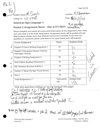
|
2025 sep 3

|
2025 sep 2

|
2025 aug 29
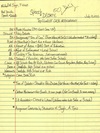
|
2025 aug 27
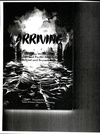
|
More... |
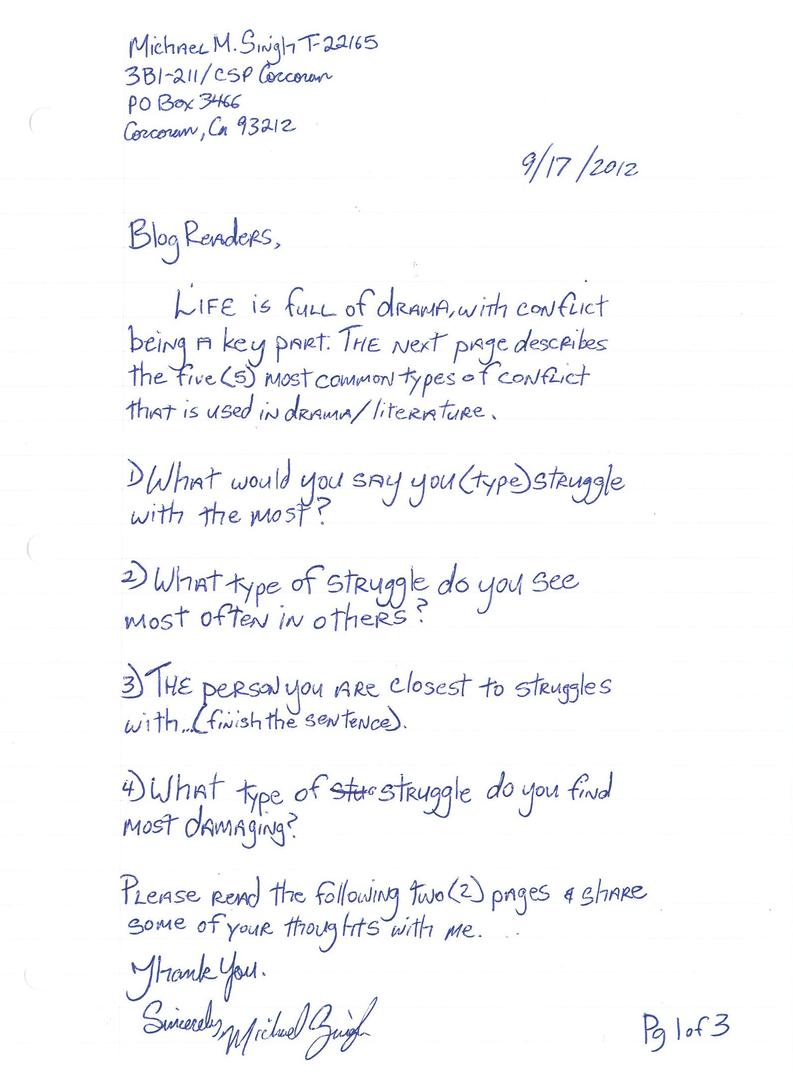
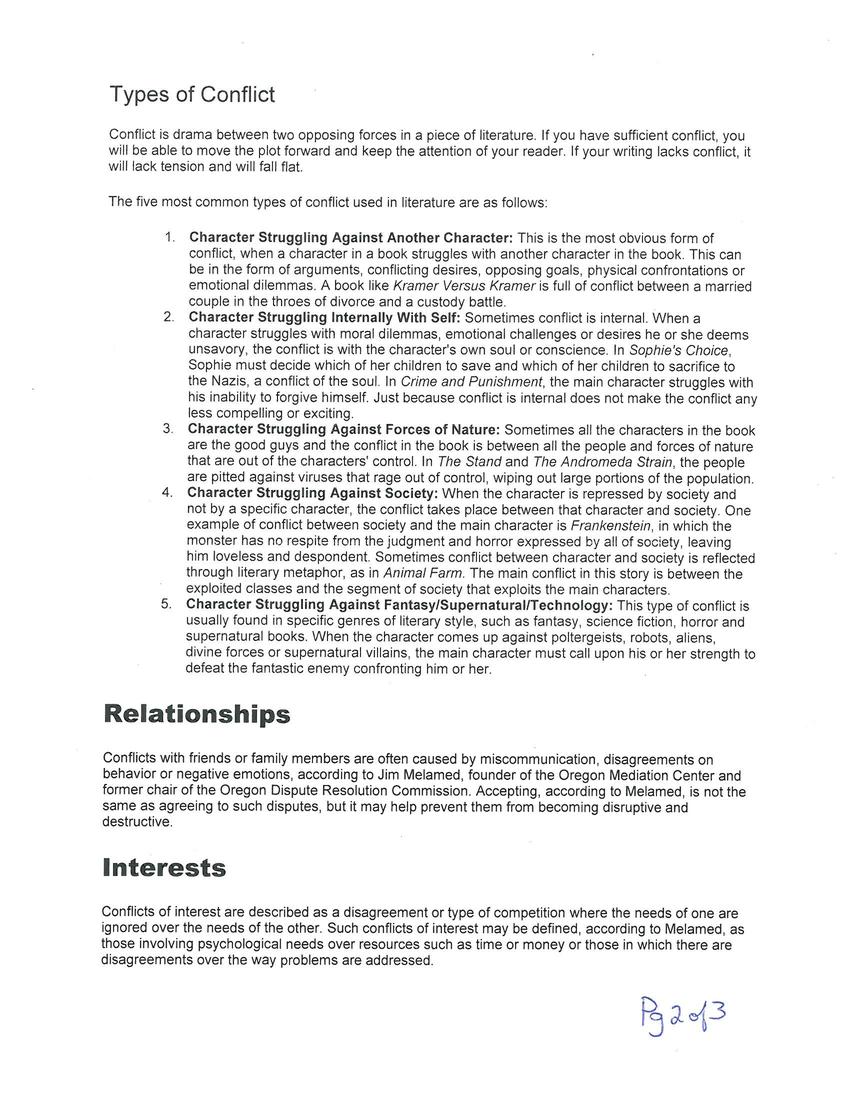
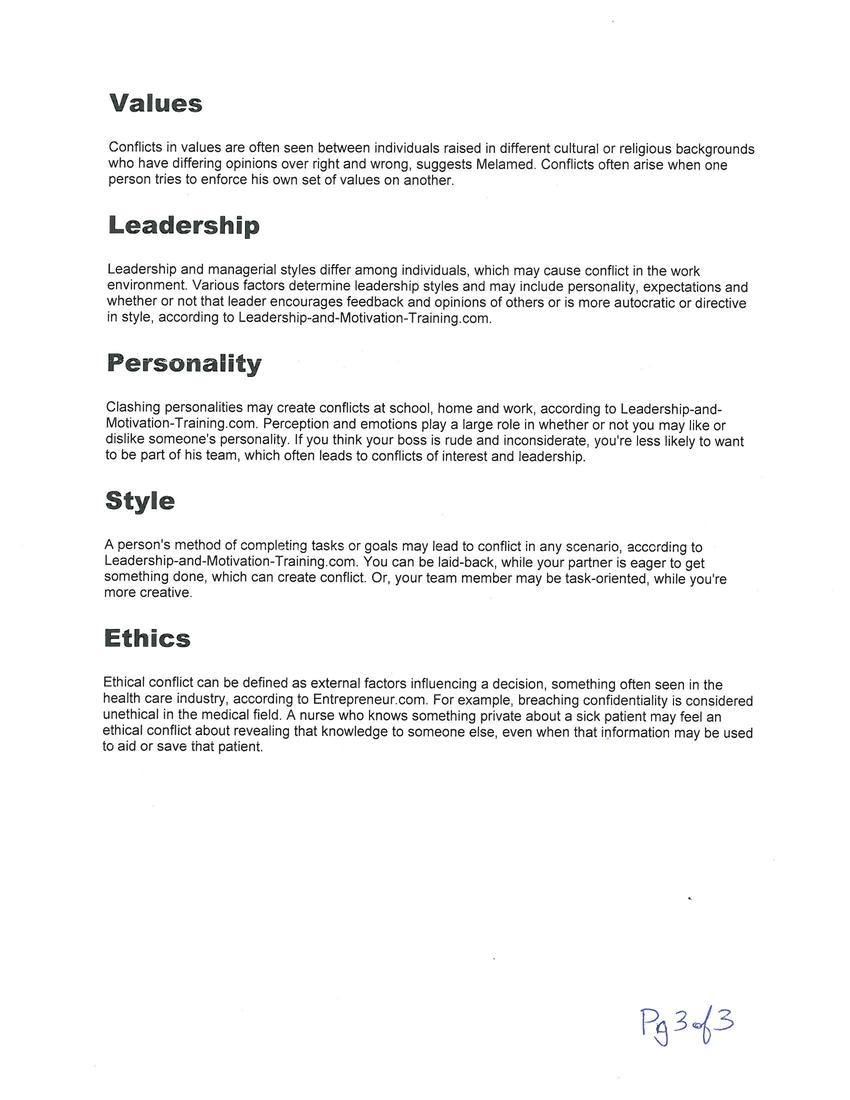

Replies